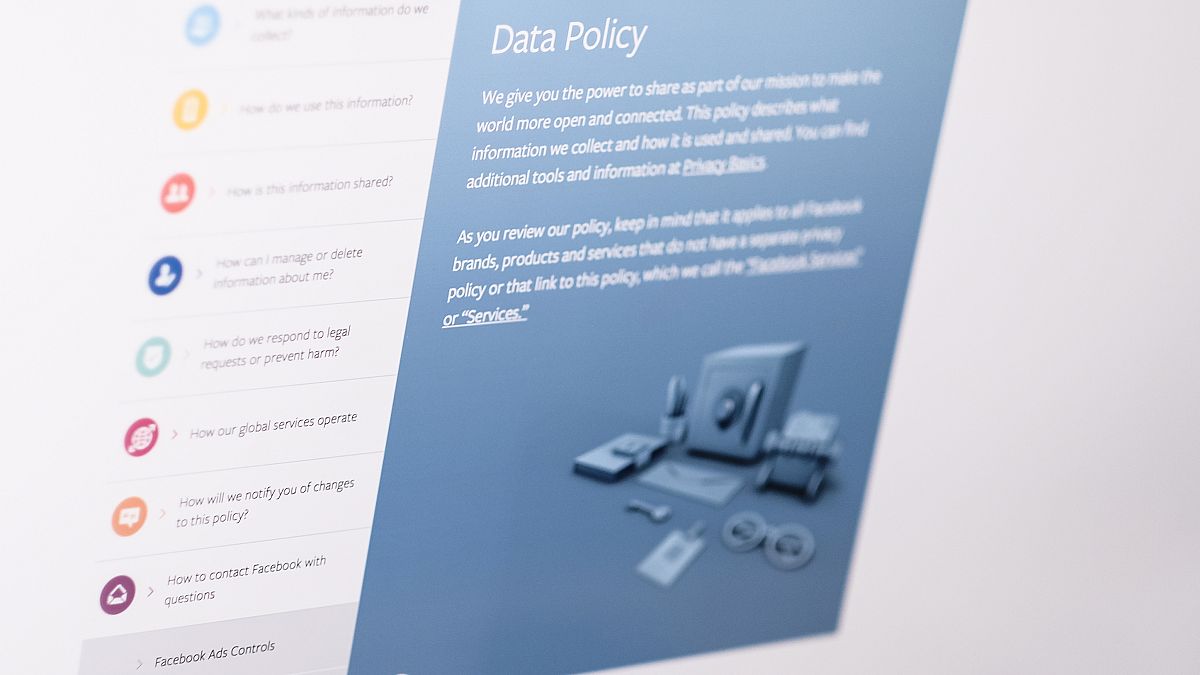A European Commission initiative aimed to let Big Tech companies voluntarily commit to a "cookie pledge", which would allow consumers to make effective choices regarding tracking-based advertising models, has failed to gain traction, a Commission spokesperson told Euronews.
A European Commission initiative aimed to let Big Tech companies voluntarily commit to a "cookie pledge", which would allow consumers to make effective choices regarding tracking-based advertising models, has failed to gain traction, a Commission spokesperson told Euronews.
During the 2023 Consumer Summit, EU Justice Commissioner Didier Reynders announced his intention to introduce measures that would reduce consumer tracking, allow conscious choices, and address "pay or consent" policies pursued by tech giants, by means of a voluntary pledge, which companies were supposed to sign at last week's Consumer Summit (18 & 19 April) a year on. But the subject was not in fact raised in the event.
A Commission spokesperson told Euronews that the majority of stakeholders involved in discussions with the EU executive considered that introducing a voluntary approach relating to digital advertising was "premature considering the recent entry into application of new legislation in the field, such as the Digital Services Act (DSA) and the Digital Markets Act (DMA)".
The spokesperson added that "the Commission will continue to reflect on possible measures that could be taken in this area in the future."
Commitment
Roundtables in April and December 2023 brought together EU officials, stakeholders advocating for the use of cookies, including Google, Meta and Microsoft, trade associations, and shopping platforms, and those opposing these tracking methods such as online privacy advocates, to agree on a common approach.
Discussions came to a standstill, however, as stakeholders could not agree on the appropriate approach to tackle these issues, and interest in a voluntary commitment waned from all sides. A source present at the roundtable told Euronews that some companies cooled on the idea partly due to their reliance on data harvesting for revenue; others were concerned that certain commitments might conflict with other legislation.
"The Cookie Pledge seems to be dead in all but name. It is a shame because consumers are fed up with the litany of cookie banners," said Fernando Hortal Foronda, Digital Policy Officer at the European Consumer Organisation (BEUC), adding: "Its failure is a sign that the Commission now needs to legislate to force companies to respect people's privacy."
An EU source told Euronews that a redesign of consumer data regulation - imposing mandatory conditions - would likely cover the issues.
Last week (April 17), the European Data Protection Board, a body that brings together the EU's national privacy watchdogs, expressed concerns in an opinion on "consent or pay" models, stating that platforms should allow users a conscious choice when consenting to give away data— which is currently not the case. This follows an investigation launched by the Commission into Meta's "consent or pay" model on March 25.



